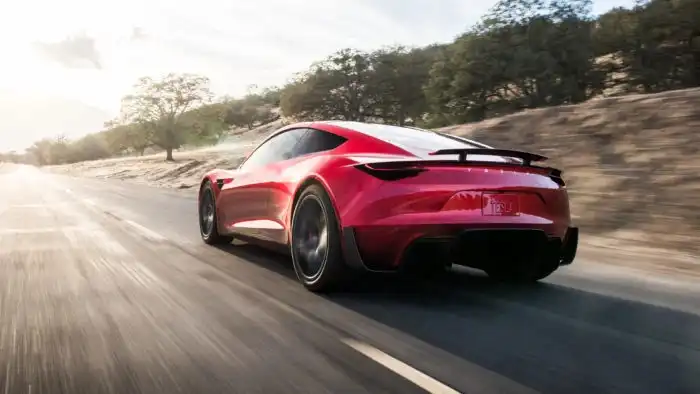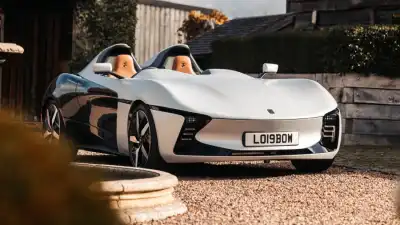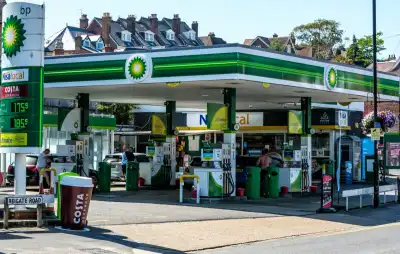
The Government is planning to scrap the so-called 'Tesla Tax' on new electric vehicles (EVs) after warnings that it’s putting buyers off and slowing down EV adoption.
A leaked letter from Roads Minister Lilian Greenwood, seen by some media, confirms that changes are being considered for the next Budget. The current rule adds an extra tax on any new car that costs more than £40,000 – including EVs – from April 2025. But the Government now says this policy unfairly affects buyers of zero-emission cars and could be changed or removed.
The extra charge, known officially as the Expensive Car Supplement (ECS), was originally introduced in 2017 for petrol and diesel cars. It adds £425 a year on top of standard car tax, which adds up to more than £3,000 over five years.
Applying the ECS to EVs was part of a broader change announced in a previous Budget, but it’s already faced heavy criticism. Car makers say the rule discourages people from buying electric cars, especially as many cost more than £40,000. Auto Express recently estimated that 7 in 10 new EVs sold in 2025 will be hit by the charge.
Some manufacturers have already dropped their EV prices to just under the £40,000 mark to help avoid the tax – even though it means losing money on each car. Brands like Vauxhall and Abarth have already done this to attract more private buyers.
Greenwood’s letter says the Government will now “consider raising the threshold for zero-emission cars” in future to make them more affordable.
Industry leaders say this move is a good first step but doesn’t go far enough. They argue the UK’s current EV sales targets are unrealistic and the penalties for missing them are too harsh.
Robert Forrester, CEO of car dealership group Vertu, said: “It’s a start, but only part of the solution.” He said high costs, lack of incentives, and poor public charging options are still major barriers.
“People without driveways, especially in cities, are being charged as much as 85p per kWh to charge publicly. That makes switching to electric really difficult,” he said.
There are also concerns that petrol cars could be “rationed” to force EV sales up and avoid fines, which some say would hurt both buyers and the car industry.



